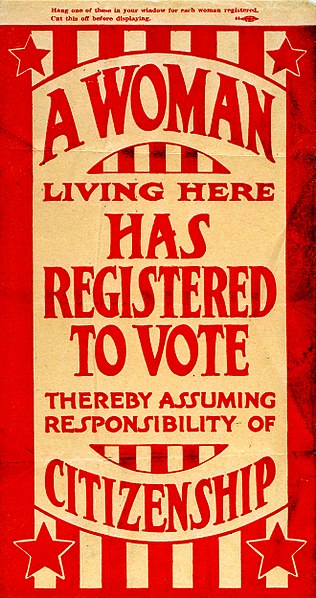The main distinction between the adverbs thereby and therefore is that thereby means “by that means” or “as a result of that”, while therefore means “for that reason” or “consequently.” Thereby typically indicates the result of the preceding clause, whereas therefore shows the reason why something occurred or was done as a result of the preceding clause. In comparison to therefore, thereby is more formal and less commonly used, particularly in conversations.
Key Takeaways
- Thereby means ‘by that means’ or ‘as a result of that’, while therefore means ‘for that reason’ or ‘consequently.’
- Thereby typically indicates the result of the preceding clause, whereas therefore shows the reason why something occurred or was done as a result of the preceding clause.
- Thereby is more formal and less commonly used than therefore, especially in conversations.
What Does Thereby Mean?
Thereby is an adverb with the meaning ‘by that means’ or ‘as a result of that’. We use this adverb to announce an important result or consequence of the event or action you have just mentioned. For example, let’s look at the sentence, “Ryan studied for two straight weeks and was thereby able to get the top score.” This indicates that Ryan obtained the top score through the action of studying. Hence, this adverb basically means by which or through which action, something happened.
Let’s look at some more examples to understand the meaning of this adverb more clearly.
The students volunteered at the hospital for six months, thereby gaining a deeper insight into the medical field.
He signed the document, thereby forfeiting his right to the property.
The doctor took swift action, thereby saving the life of the patient.
Rohith pointed out that this was a western tradition and was thereby alien to Indian culture.
This action increased demand and thereby pushed prices up still more.
In all the above sentences, you’ll notice that the phrase that follows the adverb thereby describes the result of the first clause. For example,
The doctor took swift action – First Clause
Saving the life of the patient – Result
Furthermore, it is also important to note that thereby is rarely used in spoken language. It is also not a very common adverb in writing as it renders a certain formality to writing.
What Does Therefore Mean?
Therefore is also an adverb that functions as a conjunction or transition word. It has the meaning ‘for that reason’, or ‘because of something’. Moreover, adverbs like thus, hence, and consequently are synonyms of therefore. Let’s now look at some example sentences that contain this adverb.
Ron injured his leg two days before the game and was therefore unable to play.
Muscle cells need lots of fuel and therefore burn lots of calories.
Any human is entitled to these rights; therefore they are universal and timeless.
The professor told her that her words made little sense and therefore lacked any depth.
They heard the warning about the landslide on the radio and therefore took another route.
If you look at the above sentences carefully, you’ll note that therefore always help to reach a conclusion. It is also usually followed by a clause.
Moreover, therefore is a commonly used adverb and it is used equally in both spoken and written language.
What are the Similarities Between Thereby and Therefore?
Thereby and therefore are adverbs.
We use them as transition words.
What is the Difference Between Thereby and Therefore?
Thereby means ‘by that means’ or ‘as a result of that’ whereas therefore means ‘for that reason’ or ‘consequently’. So, this is the key difference between thereby and therefore. Also, thereby generally indicates the subsequent result of the first clause whereas therefore indicates the reason why something happened or was done as a result of the first clause. Thus, this is an important difference between thereby and therefore.
Moreover, a further difference between thereby and therefore is their usage. Therefore is more common in usage than thereby, both in written and spoken language.
Summary – Thereby vs Therefore
Although both thereby and therefore are transition words, there is a distinct difference between thereby and therefore. The key difference between thereby and therefore is that Thereby means ‘by that means’ or ‘as a result of that’ whereas therefore means ‘for that reason’ or ‘consequently’. Moreover, therefore is more popular than thereby, both in spoken and written language.
Reference:
1. “Flier for window display- “A Woman Living Here Has Registered to Vote Thereby Assuming Responsibility of Citizenship” By Unknown – Missouri History Museum (Public Domain) via Commons Wikimedia
2. “Quotes-The-quantum-of-your-” By Salussalus – Own work, CC BY-SA 4.0) via Commons Wikimedia
Related posts:
Difference Between Of and From
Difference Between Tooth and Teeth
Difference Between Prefix and Postfix
Difference Between Last and the Last
Difference Between Semicolon and Colon
